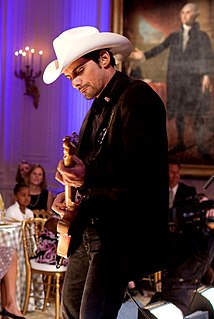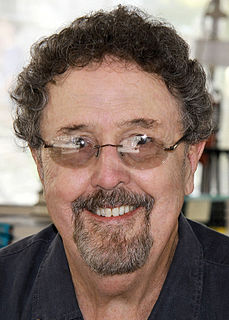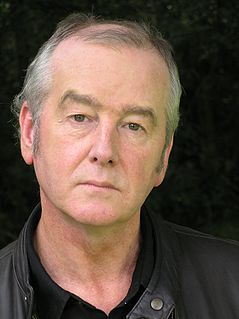A Quote by Gerard Way
Sometimes it can be really exciting, but I avoid the blank page now. What I do is hand write everything. When you're hand writing, there's never a blank page, really. There's so much you can do with that.
Related Quotes
I use a computer, but before I begin each new book I keep a notebook. I write down everything that comes to mind during that period before I actually begin. It might take months or weeks. That notebook is my security blanket so that I never have to face a blank screen (or blank page). But I print out often and my best ideas usually come with a pencil in my hand.
Yes, the fear of its blankness. At the same time, I kind of loved it. Mallarmé was trying to make the page a blank page. But if you're going to make the page a blank page, it's not just the absence of something, it has to become something else. It has to be material, it has to be this thing. I wanted to turn a page into a thing.
The enemy is not the badly written page; it is the empty page the great advantage of a badly written page is that it can be rewritten. It can be improved. A blank page is zero. In fact, it’s worse than zero, because it represents territory you’re afraid, unwilling, or too lazy to explore. Avoid exploring this territory long enough, and you’ll abandon your book.
Actually, who hasn't been through the ghastly experience of sitting in front of a blank page, with its toothless mouth grinning at you: Go ahead, let's see you lay a finger on me? A blank page is actually a whitewashed wall with no door and no window. Beginning to tell a story is like making a pass at a total stranger in a restaurant.
Every page was once a blank page, just as every word that appears on it now was not always there, but instead reflects the final result of countless large and small deliberations. All the elements of good writing depend on the writer's skill in choosing one word instead of another. And what grabs and keeps our interest has everything to do with those choices.




































